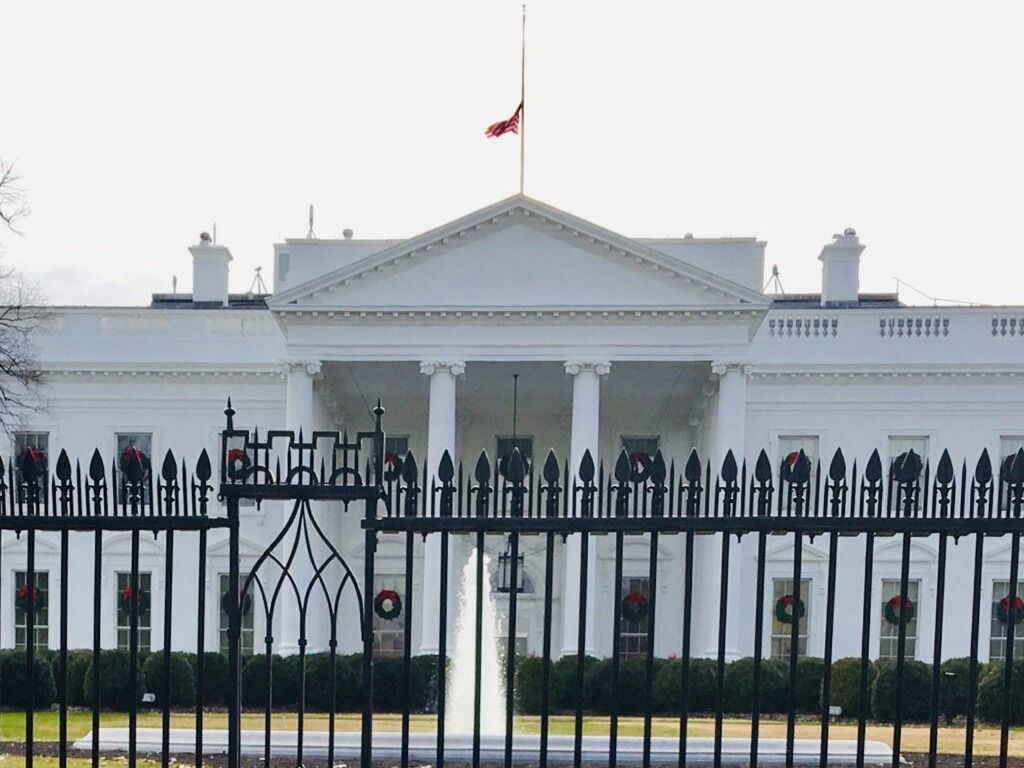WASHINGTON (AN) — The United States became the first nation to formally withdraw from the 2015 Paris Agreement on Wednesday, jeopardizing international efforts at curbing the worst impacts of global warming this century.
But the outcome of the race for the White House will decide how long the world's largest economy stands apart from the collective action needed to save the planet that is prescribed in the Paris climate treaty.








